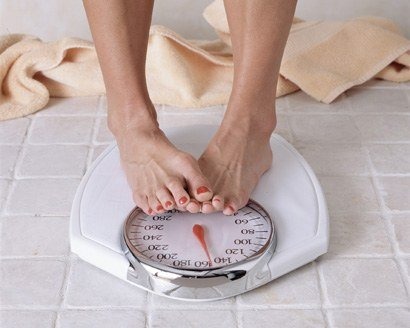Science Says Being Happy Also Increases Calorie Consumption
We've all had a bad day at work and gone home to eat an entire ball of burrata cheese (wait, just me?), but it turns out that sadness isn't the only trigger for eating plenty.
A new study published in the journal Appetite found that positive emotions and moods might have a bigger influence on food intake, Food Navigator reports.
According to researchers at Utrecht University, three separate studies found that positive emotions and good moods actually increased caloric intake, triggering what the team termed "food indulgence."
The studies surveyed adults of normal weight, inducing positive emotions or no emotions, as well as negative emotions, before handing out unhealthy food. Consumption was then assessed.
In a third study, participants were asked to keep a seven-day diary to note each "snacking" episode, as well as their emotions accompanying each moment of eating.
In all three studies, participants ate more and snacked more when happy, to the same extent as negative emotions. In fact, in study three, "real life snack intake occurred more frequently in response to positive than negative emotions," the authors wrote.
Past studies have found that fast-food consumption is linked to depression, causing researchers to suspect that humans eat more fat when upset to give their brain a temporary serotonin high. But it turns out, happiness might also induce fatty cravings, so you might just be more likely to eat a cookie when you're happy than when you're sad, although a pint of ice cream after a breakup is pretty necessary.
